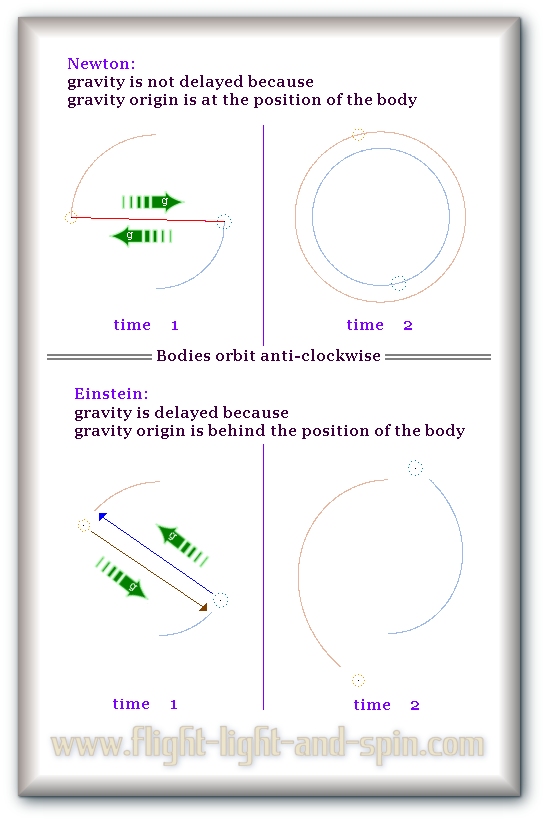whirlingmerc
Well-Known Member
It is said by scientific materialists that we have no free will and that we are biological machines. Our brains are machines that make us move and perform actions. But if we do have a soul, then does the soul itself have free will? Or is it also a machine? If you think about it, how can free will even exist? Wouldn't everything have to be machines? Wouldn't free will just be another way of saying we are machines?
I think Adam had a free will in the sense of freely being able to choose good or evil till he sinned
After that he had a handicap in that his fallen desires prevented him from desiring rightly, although he could freely choose according to his fallen desires.
I think in Christ the desires are redeemed or at least a process of sanctification of desires has begun
a new birth is shown in a new nature that has faith working in love.
Last edited:


